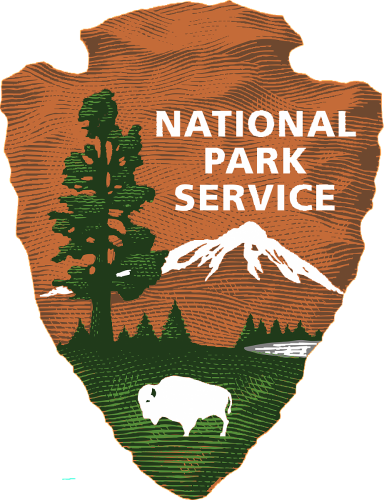WASHINGTON (BRAIN) — National Park Service superintendents will continue to have authority over e-bike usage on the lands they manage after an environmental assessment was completed as required by a judgment in a lawsuit.
The NPS held an open comment period last year to gather feedback from the public and local, state, tribal, and federal agencies. The review gauged the potential e-bike impact in national parks on non-motorized trails. The Finding of No Significant Impact confirmed the 2020 decision that authorized individual superintendents to decide if e-bikes can be ridden where traditional bikes are allowed, the NPS said. Congress-designated Wilderness areas remain off-limits to all bicycles.
The open comment period came about following a D.C. District Court judgment in 2022 of a lawsuit filed in 2019 by the Public Employees for Environmental Responsibility and a coalition of conservation groups. The plaintiffs said that Interior Secretary David Bernhardt and Deputy NPS Director P. Daniel Smith regularly met in private with an industry-dominated advisory committee called the "E-bike Partner & Agency Group" at Interior headquarters and through conference calls. The suit says the meetings violated the Federal Advisory Committee Act, which requires transparency to prevent secret lobbying.
"It was very disappointing to see the shallow and perfunctory analysis in the programmatic environmental assessment and the Finding of No Significant Impact that have taken the Park Service nearly 2 ½ years to finalize since they were directed to do so by the D.C. District Court in May of 2022," said Peter T. Jenkins, PEER senior counsel in an email to BRAIN. "The documents do not provide meaningful guidance on key impact concerns to park superintendents who are supposed to fashion individualized approaches to e-bike access in their parks, nor do they address the NPS-wide cumulative impacts of allowing e-bikes."
According to the NPS, superintendents must take into consideration public health and safety, natural and cultural resource protection, and other management activities and objectives when determining whether e-bikes should be allowed on non-motorized trails. To find out whether e-bikes are allowed, contact the park directly.
"When managed appropriately, the use of e-bikes can enhance fun and healthy recreational opportunities for visitors to national parks and support active transportation options," the NPS said in a statement. "E-bikes can have many benefits for parks and visitors, including expanding access for those with physical limitations, supporting clean transportation, and reducing vehicle congestion within parks, and providing healthy recreation opportunities. The 2020 rules ensure that NPS must manage this form of access and recreation, like others that occur in park areas, in a manner that protects park resources, values, and visitors."


